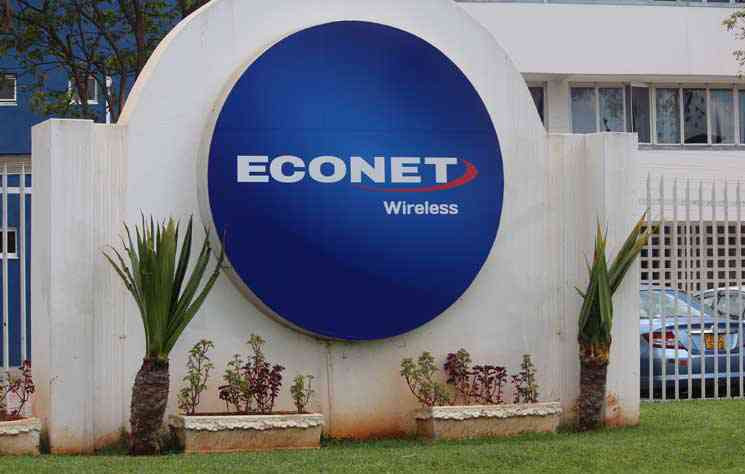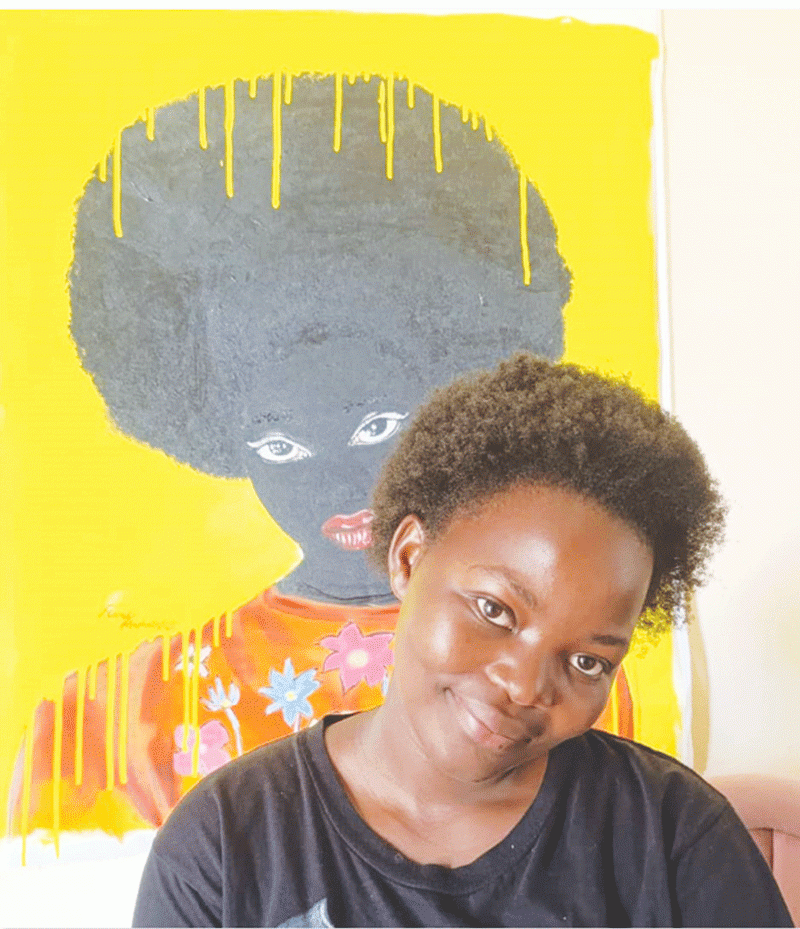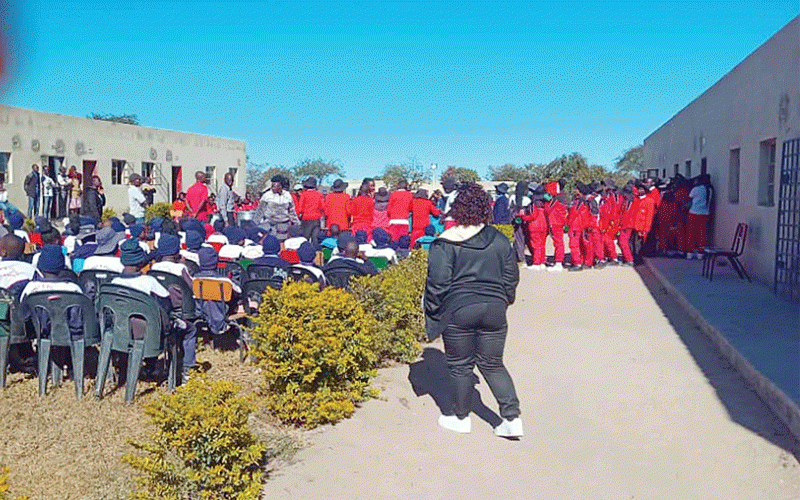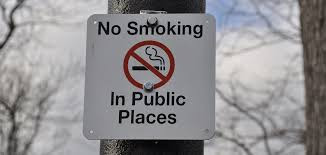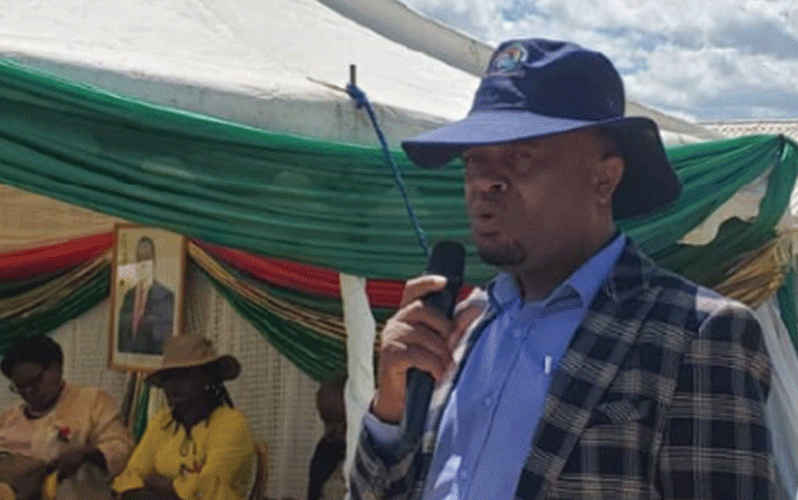
MOSES Moyo (34), who operates a welding business at Muchakata Business Centre in Marondera East constituency, is a happy man.
For the past two months, his life has changed for the better, thanks to the availability of power in this once marginalised area.
“I had the skill but due to absence of power, my welding tools were gathering dust,” Moyo told NewsDay Weekender this week after government officially switched on grid electricity in the Svosve community, about 40km from the farming town of Marondera.
The grid electricity, made possible by the Rural Electrification Find (REF), will also benefit small-scale farmers and villagers in Muchakata and Mupazviriho areas.
Also connected is Nhowe Business Centre.
REF also installed power at the newly-built St Anna Mere Primary school, a development that delighted both learners and guardians.
“Imagine farmers here would travel to Marondera seeking welding services even for small things. It is now a thing of the past,” Moyo added.
Rural Svosve, an area once shrouded in darkness, has witnessed a transformative dawn.
The switching on of power has not only illuminated business centres and learning institutions but has also sparked a new era of
empowerment for women and youths.
No longer bound by the constraints of relying on daylight, beneficiaries are now free to pursue their passions, nurture their talents and build a brighter future.
“We can now study at night,” said a Grade 4 pupil at St Anna Mere, as she recited a poem during the commissioning of the project.
“There is now no difference between us rural and urban learners as we can now have our ICT lessons with ease,” the young poet added.
The Svosve community, famed for its stance in igniting the Third Chimurenga that led to the farm invasions at the turn of the new millennium, have been lagging behind in terms of power development.
In response to the commissioning of the power project, Marondera East legislator Vimbai Mutokonyi unveiled scores of welding machines and fabric to youths and women, respectively, to embark on incoming generating projects.
“This is the moment we have been waiting for and we will not waste such a resource,” Mutokonyi said.
“I have brought welding machines, grinders and other things so that youths in this area embark on income generating projects.
“For the women, we secured hordes of fabric so that they form a women business unit that will see them into sewing business.
“We are happy that REF has connected us to the grid and our lives will never be the same again.”
According to government, since the establishment of REF in February 2002, then known as Rural Electrification Agency (REA), a total of 10 840 rural institutions have been electrified across the country.
The figure includes 3 085 primary schools, 1 538 secondary schools, 1 037 rural health centres, 402 government extension offices, 303 traditional leaders homes, 1 279 business centres and 870 small scale farms.
Speaking during the switching on ceremony at St Anna Mere Primary School in Svosve area, Energy and Power Development deputy minister Yeukai Simbanegavi said connecting rural Zimbabwe brings along many advantages among them social equity.
“The provision of access to modern energy services to rural areas of Zimbabwe will no doubt support many other government initiatives that are aimed at empowering our rural communities alleviating poverty, building capacity and creating employment, thereby leading to sustainable development and social equity,” Simbanegavi said.
REF acting chief executive officer Fellistus Makumbinde said more rural electrification projects are currently underway.
“A number of rural electrification projects are currently underway and with funding available, we will meet our target of lighting each and every rural institution and homes across the country,” Makumbinde said.
For now, Moyo and other villagers are delighting in the connectivity through embarking on income generating projects in their respective villages.
The lighting up of the area has scared away the darkness of poverty for the better of the community.

